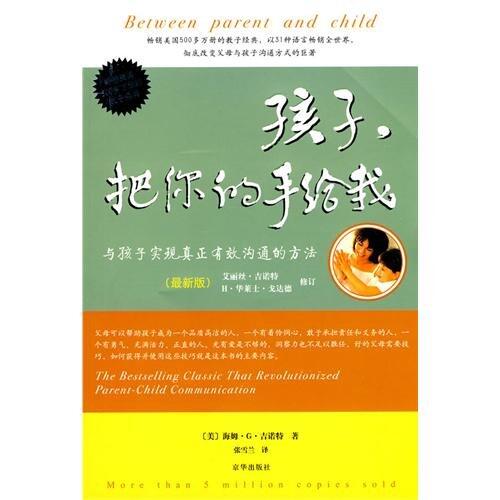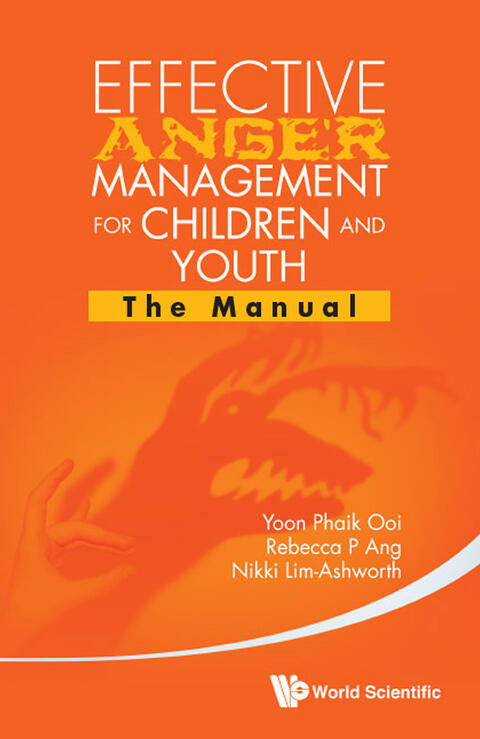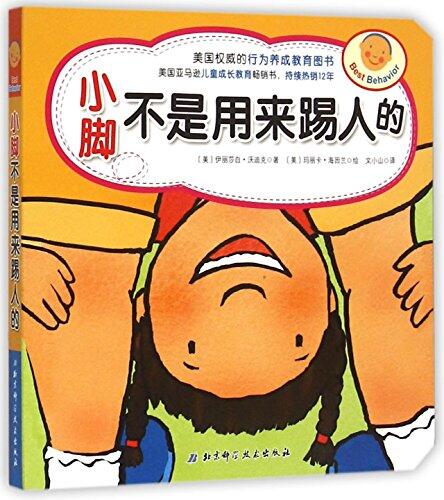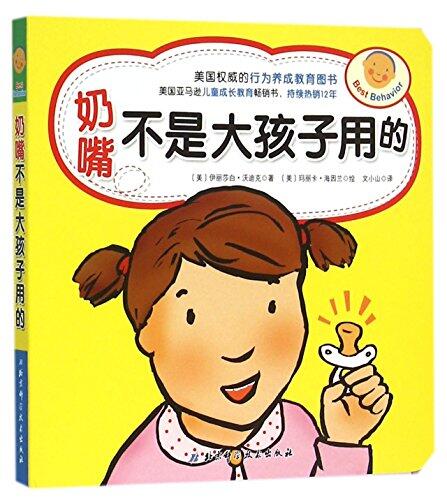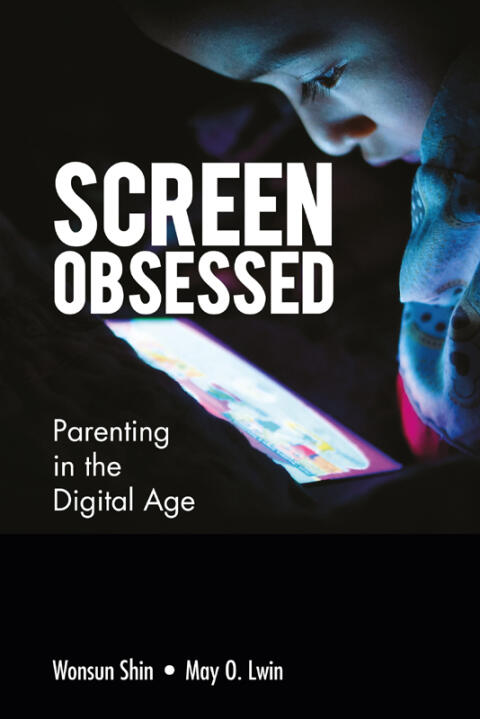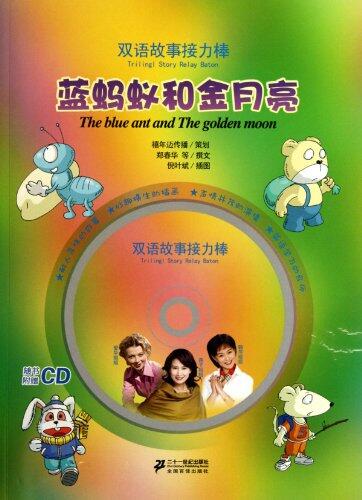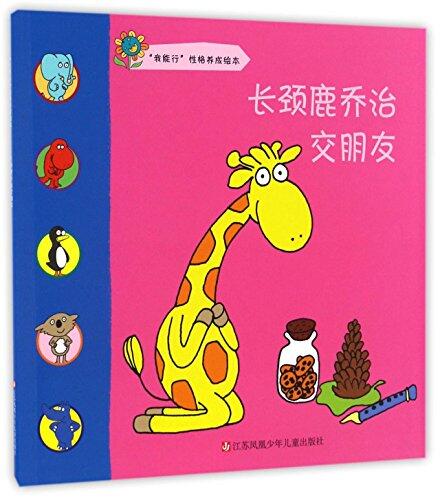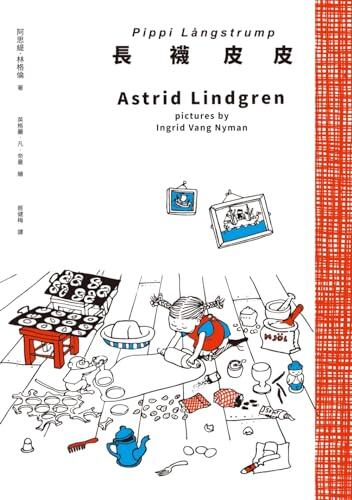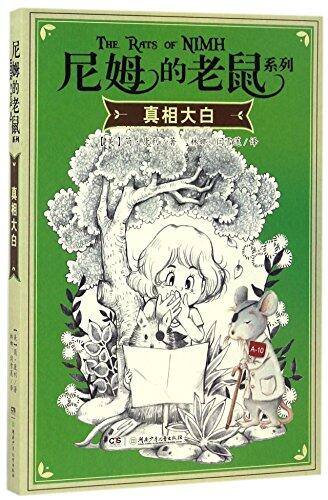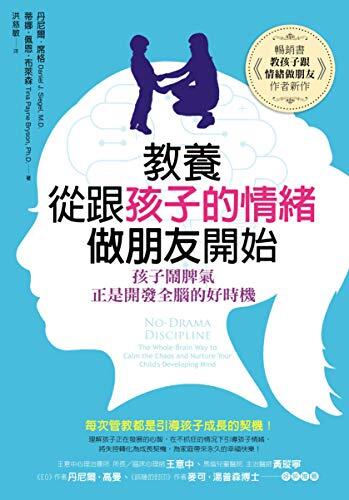
教養,從跟孩子的情緒做朋友開始: 孩子鬧脾氣,正是開發全腦的好時機
まだ評価がありません
Children’s
形式
キンドル
ページ数
191
言語
英語
公開されました
Jan 1, 2016
出版社
采實文化
ISBN-10
9869393306
ISBN-13
9789869393300
説明
In this insightful exploration of emotional intelligence, the authors aim to transform the often challenging experience of parenting into an enriching journey. They emphasize the importance of engaging with children's emotions rather than viewing them as obstacles to be managed. Through practical strategies and relatable anecdotes, readers will learn how to connect with their children when tensions flare, turning moments of frustration into opportunities for growth and understanding.
The narrative guides parents in recognizing that emotional outbursts are not merely troublesome but rather pivotal moments that can foster deeper connections. The authors argue that by acknowledging and addressing these feelings, parents can help their children develop emotional regulation and resilience. Each chapter is infused with warmth and wisdom, making the concepts accessible and encouraging for caregivers.
Through a blend of science and relatable stories, the book champions a mindful approach to parenting. It inspires parents to not only understand their children better but also to navigate their own emotions in the process. Ultimately, this work serves as a reminder that fostering emotional connections can lead to healthier, happier family dynamics.
The narrative guides parents in recognizing that emotional outbursts are not merely troublesome but rather pivotal moments that can foster deeper connections. The authors argue that by acknowledging and addressing these feelings, parents can help their children develop emotional regulation and resilience. Each chapter is infused with warmth and wisdom, making the concepts accessible and encouraging for caregivers.
Through a blend of science and relatable stories, the book champions a mindful approach to parenting. It inspires parents to not only understand their children better but also to navigate their own emotions in the process. Ultimately, this work serves as a reminder that fostering emotional connections can lead to healthier, happier family dynamics.

